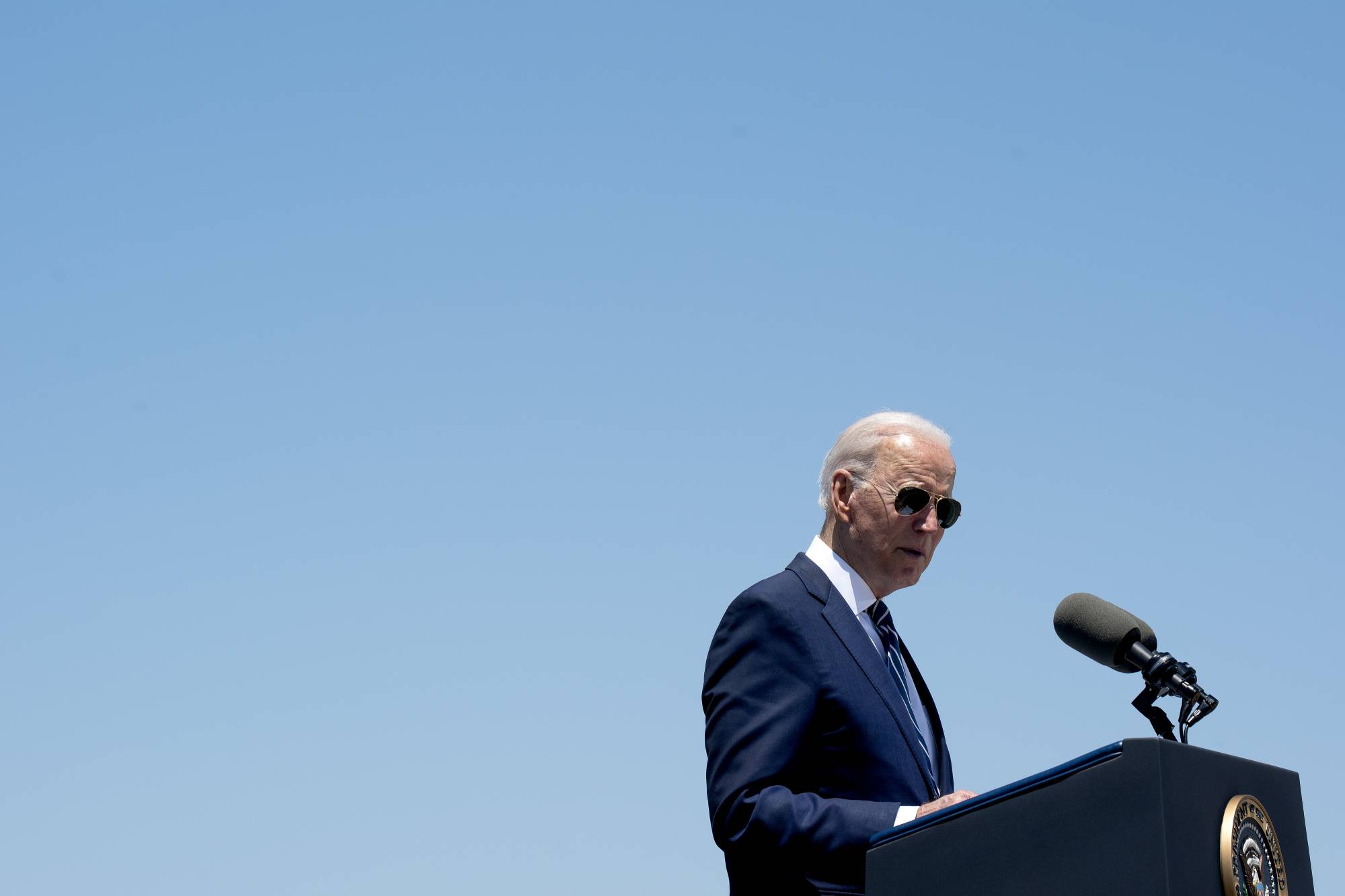The commander-in-chief was taking his time, as usual.
It was late March, and U.S. President Joe Biden was under increasing pressure to penalize President Vladimir Putin of Russia for election interference and the biggest cyberattack ever on U.S. government and industry. "I have to do it relatively soon,” he said to Jake Sullivan, his national security adviser.
Biden had already spent the first two months of his presidency debating how to respond to Putin, and despite his acknowledgment in March that he needed to act quickly, his deliberations were far from over. He convened another meeting in the Situation Room that stretched for 2½ hours, and called yet another session there a week later.



















With your current subscription plan you can comment on stories. However, before writing your first comment, please create a display name in the Profile section of your subscriber account page.